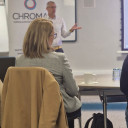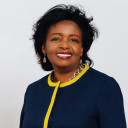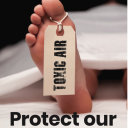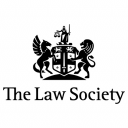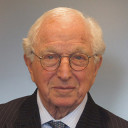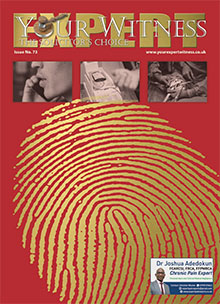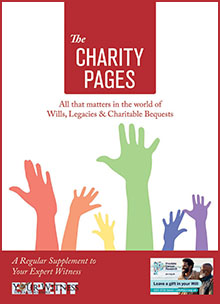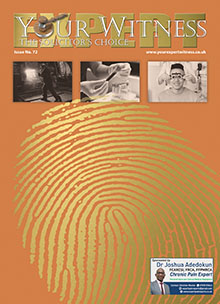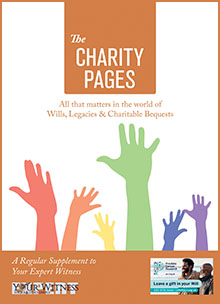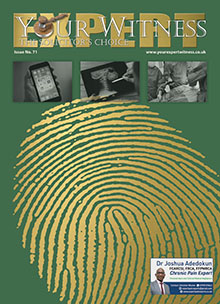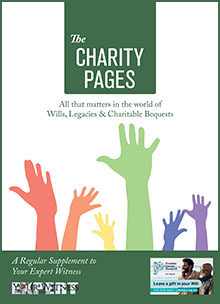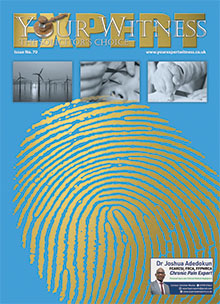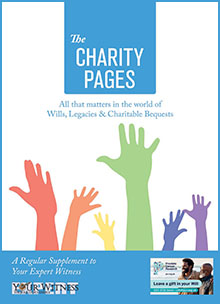by Dr BASHIR QURESHI FRCPCH, FRCGP, expert witness in cultural, religious and ethnic issues in litigation, Community Child Health Medical Officer in London 1972-1998, medical member of child protection panels in London 1986-1998.
IT IS paramount for the legal assessment in a suspected child abuse case to select one or more appropriate expert witnesses. A cutback may prove to be a false economy.
Child abuse is a complex area. The abuse may be physical, sexual, mental, emotional, neglect or a combination. It is also influenced by many factors, such as age, gender, social class, culture, religion and ethnicity (race). It is often carried out by someone in power such as a parent, carer, stranger adult or an older child. All aspects of child abuse should be adequately explored, so as to achieve a full legal assessment and fair justice.
An expert witness has the duty to assist the court and they must be impartial. In the British legal system there are three layers: judges, lawyers and expert witnesses. An expert witness must know his or her area and its limitations, and must remain within the area of expertise when giving facts and opinions. Stepping outside one’s area is fraught with danger.
As a founding member of the Society of Expert Witnesses, I realise that an expert witness should give facts and opinions on the issues outlined by the instructing solicitor. Extra opinions can be added but within one’s area of expertise. The legal debate must be left for the lawyers, who represent their clients, and the decision to the judge.
It is the task of the instructing solicitor to explore and choose one or more suitable expert witnesses for a child abuse case. There are some directories, registers and online data listing such experts. The knowledge of only the medical, sexual or cultural aspects in a child abuse case in not enough and every expert witness must have formal training in report writing, courtroom skills and the single joint expert’s role.
Their training should be updated by courses and meetings for continuing professional development: Everything changes, except this principle [Aristotle]. The formal training should be provided by a recognised trainer. In that way the expert witness will value the court’s time and proceedings, and will be of immense value.
The instructing solicitor would ensure the value of expert witness(es) and the reasonable cost, as funds are almost always limited.
There has been a significant change in services for surveillance, detection and management of child abuse cases in the UK since 1998. In Britain changes occur by evolution and not by revolutions and those changes are usually the result of inevitable political and economic realities.
Until 1998 there were three medical services: firstly, primary care services by general practitioners (self employed) to see ill patients; secondly, hospital services by specialist consultants (employed) to see only those patients who were referred by general practitioners or the accident and emergency medical officers; thirdly, community child health services for preventative care in child health clinics and schools, by community child health medical officers (employed), who were supported by many health visitors and school nurses along with administrative staff.
Since the 1990s, due to economic constraints, the hospital and general practitioner services have been scaled down and the third service, community child and school health service, has been drastically cut down. The work of many community health doctors has been transferred to a few consultant paediatricians.
Some health visitors have been attached to many general practitioner surgeries. Some school nurses still go to schools and check children referred by teachers. The nation has no choice but to live within its resources.
When the community health services were fully in operation until 1998, child abuse cases were picked up by health professionals and passed on to social workers.
Every child was seen by a midwife up to the age of two weeks at home and then checked frequently, at home and clinic, by a health visitor from a health clinic, up to the age of five years. From five years till the child left school he or she was checked by school nurses.
The community child health doctor examined every child in his area at age two weeks, six weeks, eight months, two-and-ahalf years and four years in the health clinic. Then every child was examined by the community medical officer in school at age five years, 10 years and 15 years. All immunisations were given and child abuse cases were picked up.Now, instead of those services there are limited arrangements to track down the child abuse cases, which have increased in numbers and complexity. Legal authorities need to realise, adjust to new realities and choose appropriate expert witnesses.



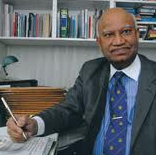 “Speculate before you accumulate. I am a long term regular writer and advertiser in 'Your Expert Witness - the Solicitor’s Choice'. This investment pays me substantive dividends; I get more Expert Witness work with every issue. Not only solicitors and barristers but also judges seem to read it. It is a win-win situation. Success breeds success; I must continue to write and advertise.”
“Speculate before you accumulate. I am a long term regular writer and advertiser in 'Your Expert Witness - the Solicitor’s Choice'. This investment pays me substantive dividends; I get more Expert Witness work with every issue. Not only solicitors and barristers but also judges seem to read it. It is a win-win situation. Success breeds success; I must continue to write and advertise.”

